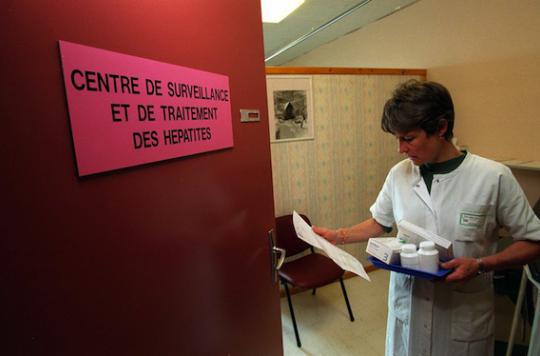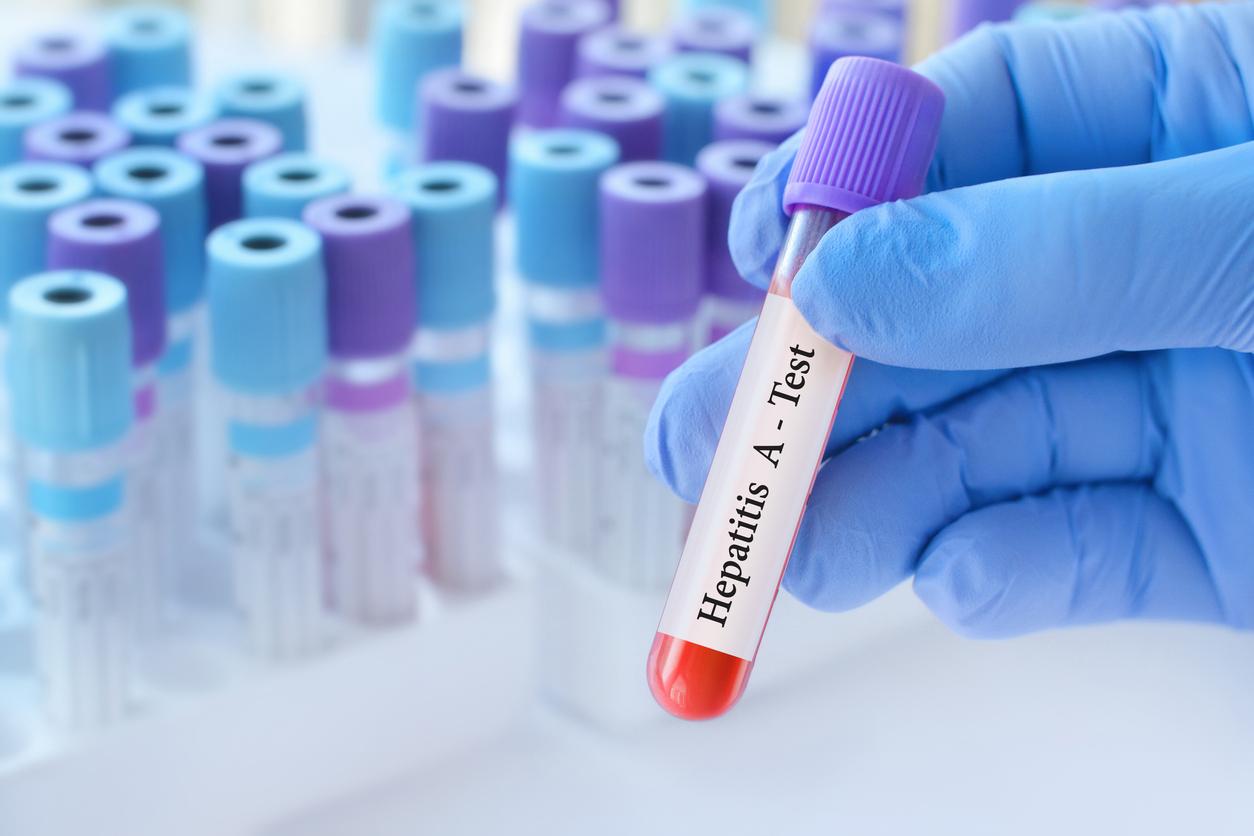Every year, 50,000 new cases of hepatitis B and C occur in Europe. Some 10 million Europeans are said to be sick, without always knowing it.

Some 10 million Europeans have hepatitis B or C and the disease is progressing in Europe, this is the announcement made on Monday by the European Center for Disease Prevention (ECDC), on the occasion of the Day world against hepatitis organized on July 28.
Hepatitis C: patients ignore each other
“In Europe, it is estimated that 10 million people have chronic hepatitis B or C but, in the absence of symptoms, most of them are unaware of their disease,” said the acting director of the ‘ECDC, the Dr Andrea Ammon, in a Press release.
Comments confirmed by a recent Weekly Epidemiological Bulletin (BEH) of the Institute for Public Health Surveillance (InVS) which showed in June, that in ten years, the number of adults not diagnosed for hepatitis C was still 74,000 in France.
In total, the ECDC thus claims to count, each year, nearly 50,000 new cases of hepatitis B and C (virus which is transmitted mainly through the blood for the last and also via bodily fluids for the first) through the ‘European Economic Area (the countries of the European Union, Iceland, Norway and Liechtenstein).
The disease progresses in Europe
In more detail, the rate of hepatitis B is on the rise on the continent: it went from 3.6 cases per 100,000 in 2012 to 4.4 in 2013. The rate of hepatitis C is twice as high. high, to 9.6 cases per 100,000 in 2013, compared to 8.1 in 2012.
In its message, the ECDC also underlined the importance of screening to allow rapid access to treatment. An emergency that should not be overlooked, since the arrival of new molecules against hepatitis C would even make it possible to consider the eradication of this chronic disease in the next 10 years, in France in any case, recently affirmed the French Association. for the study of the liver (AFEF).
The importance of screening
“A quick blood test helps determine whether or not you are infected. Those who present the most risk (…) should be offered this test easily, for example men who have sex with other men and people who take drugs by injection, ”insists Dr. Andrea Ammon.
A wish often expressed by French associations who still complain of still not having access to these rapid screening tests.
But “vaccination is the most effective individual measure to protect against hepatitis A and B,” said Dr Andrea Ammon all the same.
Thanks to vaccination campaigns, the rate of acute hepatitis B is continuously decreasing, 1.3 cases per 100,000 people in 2006, to fall to 0.7 in 2013, estimates the ECDC. This hepatitis B vaccine has nevertheless been the subject of controversy in France because of the alleged link between the product and multiple sclerosis (MS). This has not been scientifically proven, recalls the World Health Organization (WHO) to encourage people to be vaccinated. For hepatitis C, there is still no vaccine. The new molecules, however, allow some of these hepatitis to be cured in three months.
.
















